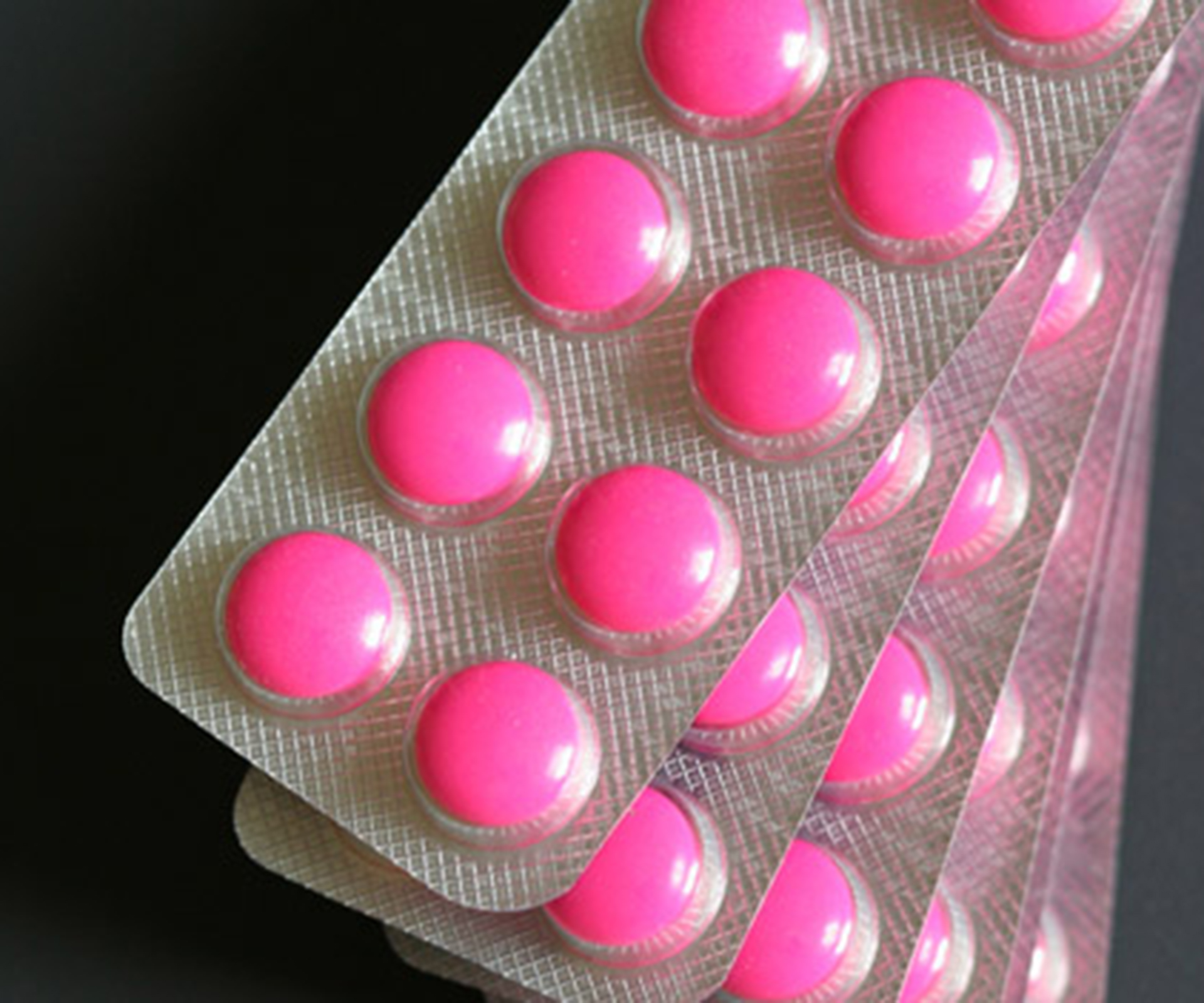The Viagra for women conversation is one that comes up regularly, but has not yet resulted in a ‘little pink pill’ to pop for female sexual dysfunction.
The lack of treatments for female loss of libido is something that has attracted cries of gender bias and also, ‘unfair!’ It has also raised questions of whether fading libido is something that really needs to be treated with medication, and if it does, ‘fixing’ female sexual desire is not as cut and thrust (sorry) as it is with males.
All of this might change if a third application by drug company Sprout to have their female Viagra, flibanserin, approved by the American Food and Drug Administration (FDA). It has refiled its application after two rejections from the FDA, which asked for more information on the safety of the pill, and potential side-effects such as sleepiness as well. It also questioned whether it actually works.
The pill has had support from a number of politicians, lobbyists and women’s groups. Supporters of the pill say that the slowness of its appearance to market proves that female sexuality isn’t considered as important as that of the male of the species.
Previously ‘Viagra for women’ has basically been Viagra for men, and it hasn’t worked.
Sprout’s drug, flibanserin is different. Instead of increasing blood flow to the genitals, flibanserin shifts chemicals in the brain.
As NPR explains, the drug increases chemicals such as dopamine and norepinephrine — and decreases serotonin, which can dampen the sex drive.
Studies often cited in the case for the drug include a 2010 study published in the American College of Obstetricians and Gynecologists journal that found after 24 weeks of taking the drug participants had an 18 per cent improvement in sexual desire.
However there is a view that attempting to medicalise female sexual dysfunction doesn’t take into account the complexity of women’s sexuality.
“The misrepresentation that everybody should be having it — needs to have it, wants to have it, has a problem if they don’t have it — is to change, really, what sexuality is into more of a medical thing,” Leonore Tiefer, a psychologist at New York University told NPR, “I think that’s a terrible direction for knowledge, for understanding, for society.”

